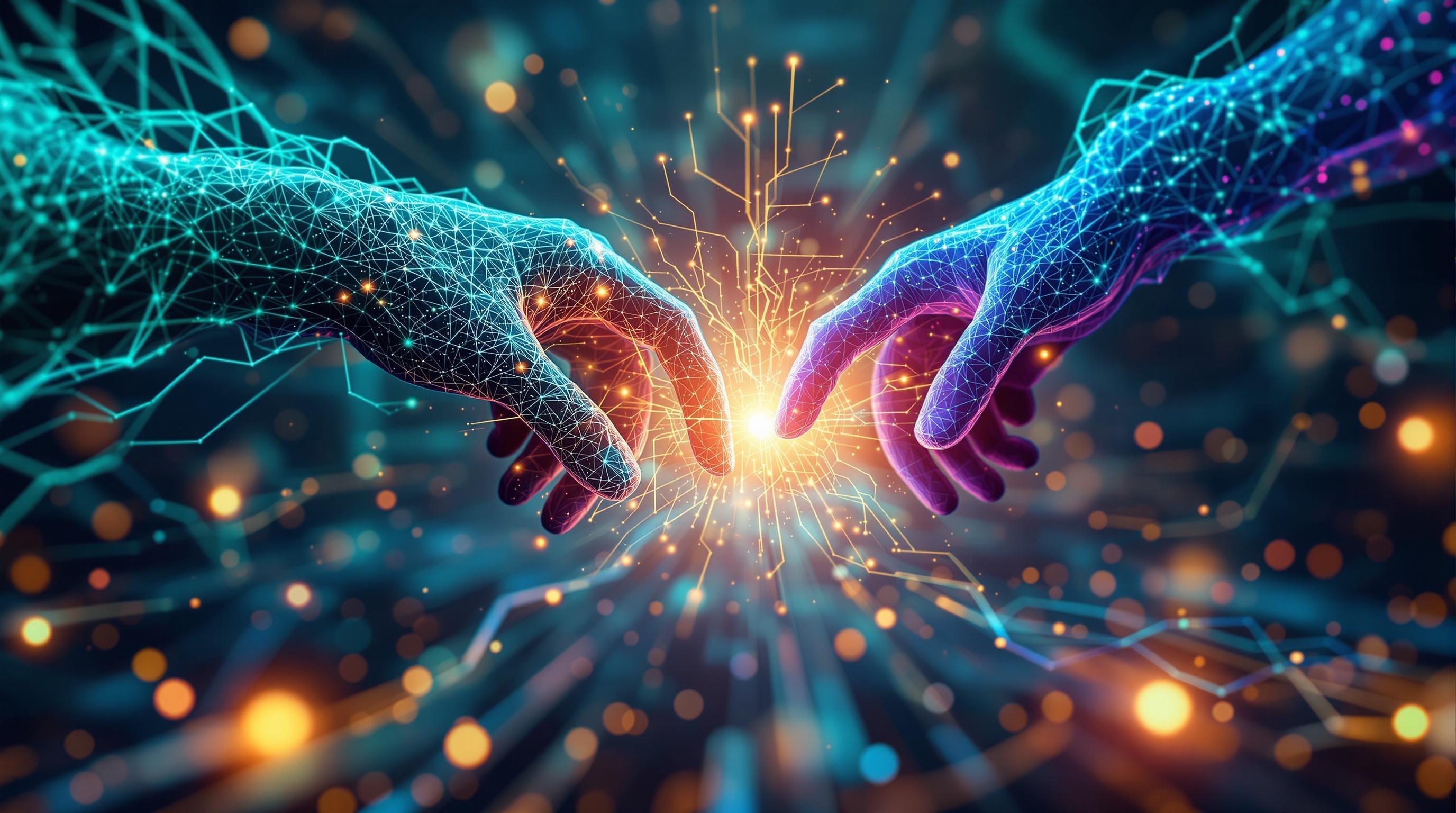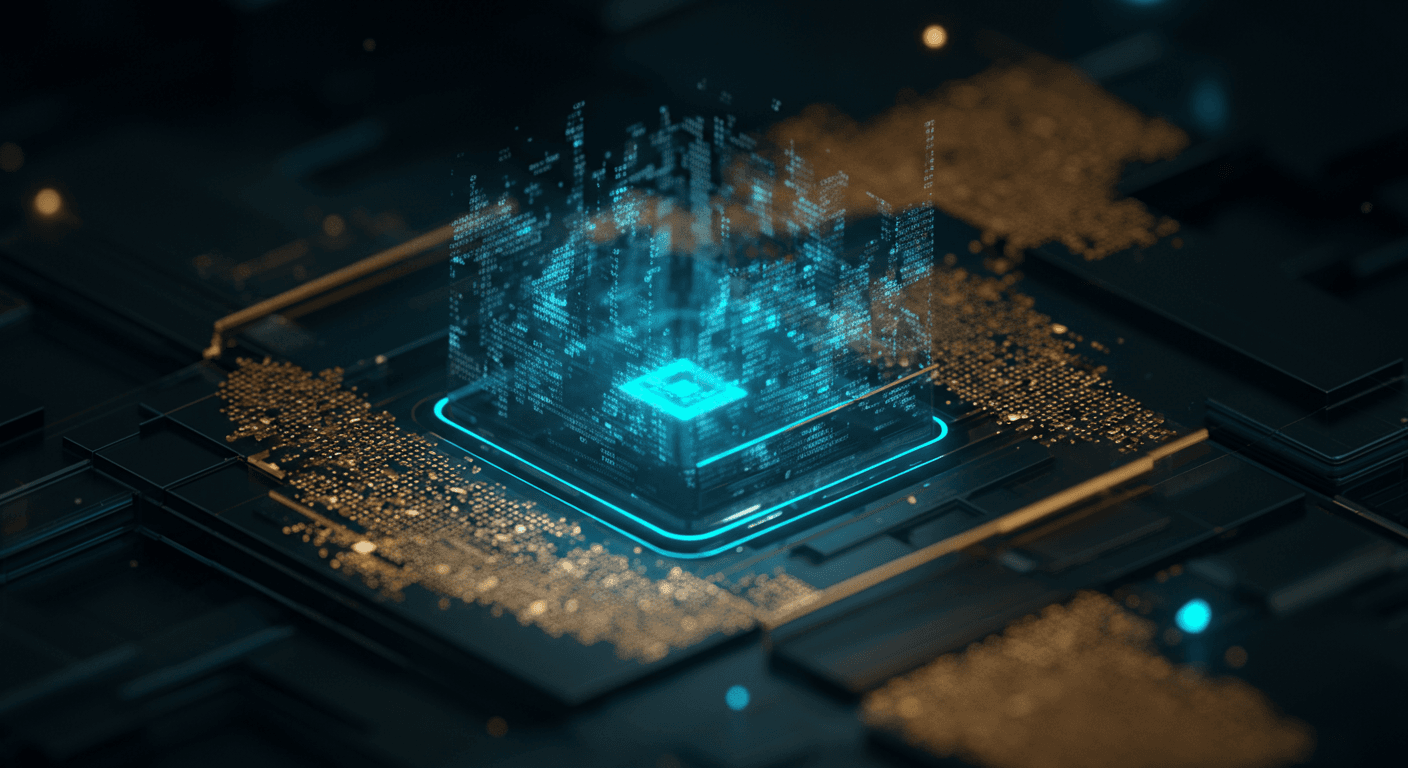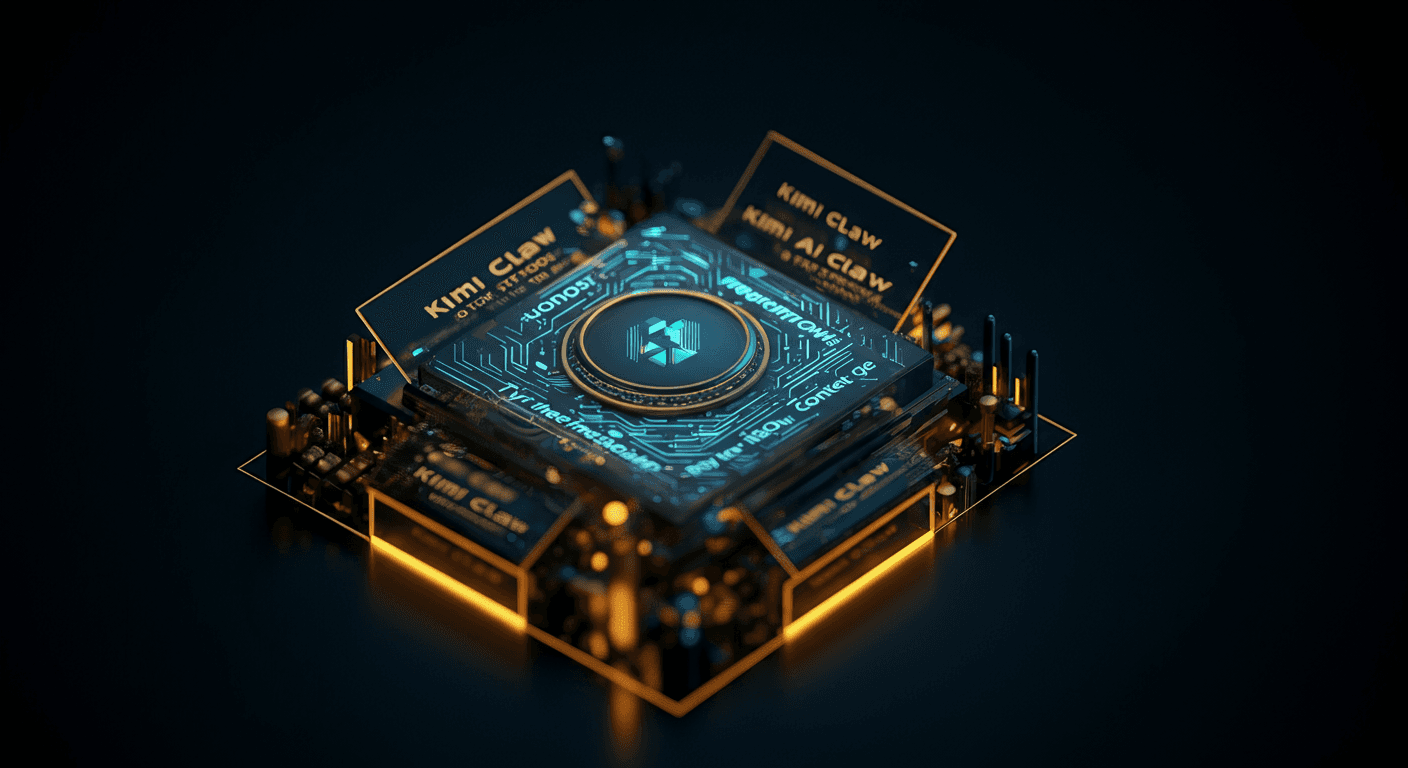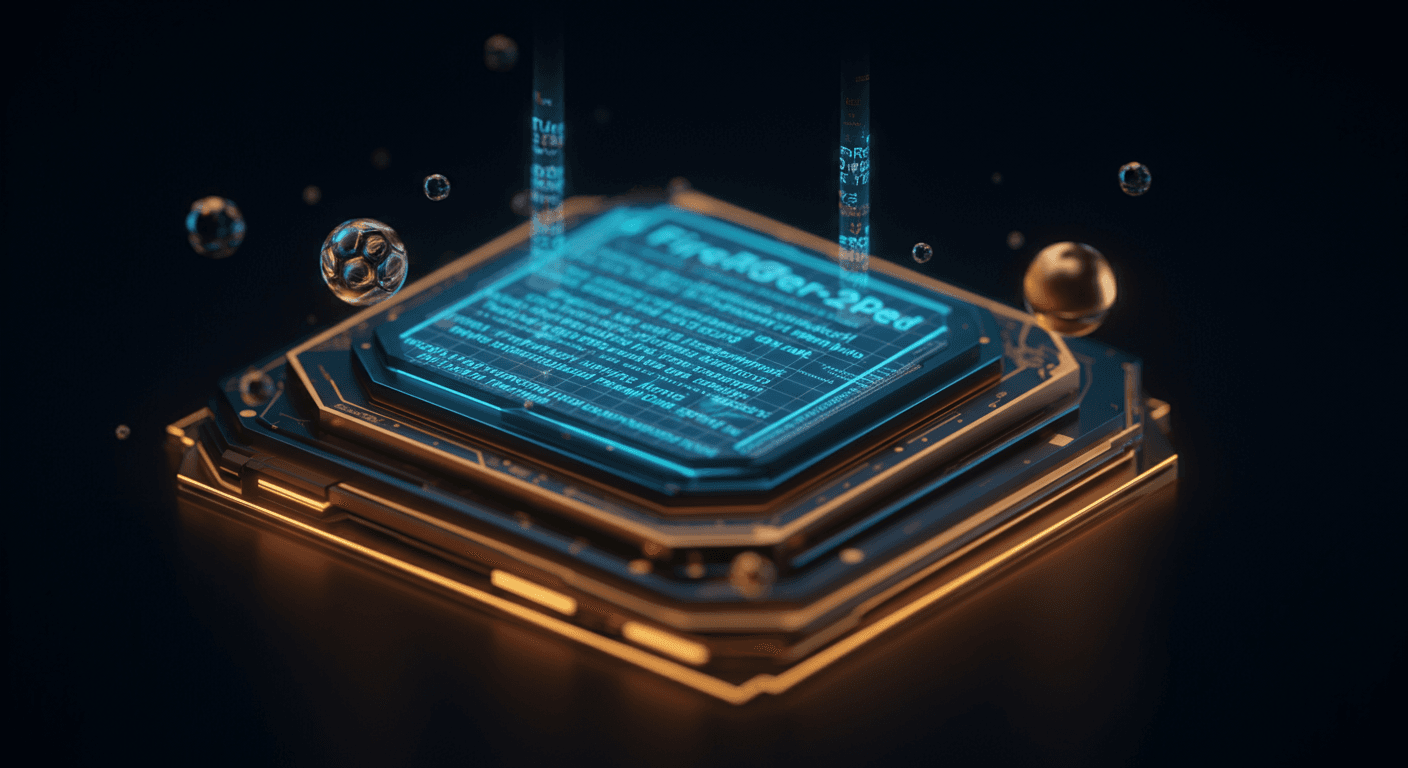Google DeepMind Acquires Windsurf CEO After OpenAI Deal Fails: The Latest AI Talent Grab

Google DeepMind Snaps Up Windsurf CEO After OpenAI Deal Collapses: A New Era of AI Talent Acquisition
The race for AI dominance is intensifying, with talent acquisition becoming a critical battleground. In a surprising twist, OpenAI's planned acquisition of AI coding startup Windsurf recently fell apart. Capitalizing on the opportunity, Google DeepMind strategically hired Windsurf's CEO, Varun Mohan, and co-founder, Douglas Chen. This move not only secures top-tier talent to bolster Google's AI capabilities but also grants them a nonexclusive license to Windsurf's innovative AI coding technology.

Reports indicate Google is investing $2.4 billion in this reverse-acquihire, licensing Windsurf's technology and integrating its key personnel. Google spokesperson Chris Pappas confirmed the move, emphasizing the company's strategic focus on developing advanced 'agentic coding' capabilities. This unconventional arrangement signals a shift away from traditional acquisitions, where tech giants selectively acquire talent and technology – a strategy increasingly known as a reverse-acquihire.
This isn't Google's first foray into this area. The company previously recruited Character.AI's CEO, Noam Shazeer, demonstrating a clear commitment to attracting leading minds in AI. Similarly, Microsoft secured Mustafa Suleyman, a co-founder of DeepMind, further illustrating the fierce competition for top AI expertise. This talent grab underscores the evolving strategies employed by tech giants to maintain their competitive edge.
The Reverse-Acquihire Trend: Big Tech's Strategy to Win the AI Race
The reverse-acquihire is rapidly becoming a favored tactic for major tech companies aiming to accelerate their AI development. This approach centers on hiring key personnel and licensing their technology, bypassing the complexities of a full company acquisition. By strategically selecting talent and specific technological assets, these giants can quickly strengthen their teams and incorporate cutting-edge solutions. This allows for more agility and faster integration of new technologies.

A significant driver of this trend is the desire to avoid intense regulatory scrutiny. Complete acquisitions often trigger investigations by antitrust authorities, potentially delaying or even blocking deals. Reverse-acquhires, however, typically encounter less regulatory pushback, enabling companies to swiftly enhance their AI prowess. Windsurf leaders Mohan and Chen conveyed their enthusiasm for joining Google DeepMind in a joint statement, noting their
Keywords: AI coding startup, Windsurf acquisition, Google DeepMind, OpenAI, reverse-acquihire, Varun Mohan, Douglas Chen, agentic coding, AI talent acquisition, Microsoft OpenAI deal, Claude Code, Codex AI, AI coding tools for enterprise, TechCrunch AI news
Hashtags: #AICodingWars #GoogleDeepMind #OpenAI #TechAcquisition #AIStartups
For more AI insights and tool reviews, visit our website https://www.best-ai-tools.org, and follow us on our social media channels!
Website: https://www.best-ai-tools.orgX (Twitter): https://x.com/bitautor36935Instagram: https://www.instagram.com/bestaitoolsorgReddit: https://www.reddit.com/r/findAIwithAI/Telegram: https://t.me/BestAIToolsCommunityMedium: https://medium.com/@bitautor.deSpotify: https://creators.spotify.com/pod/profile/bestaitoolsFacebook: https://www.facebook.com/profile.php?id=61577063078524YouTube: https://www.youtube.com/@BitAutor
Recommended AI tools
Recruit CRM
Conversational AI
Your Complete Recruitment Solution
Talent Titan
Data Analytics
Unlock the potential of your workforce with AI
Careerflow
Productivity & Collaboration
Empowering your career journey
Manatal
Productivity & Collaboration
Your All-in-One Recruitment Software
GrabJobs
Conversational AI
Hire better, faster!
JobHire.AI
Conversational AI
Automate your job search and land interviews faster with AI
Was this article helpful?
Found outdated info or have suggestions? Let us know!


